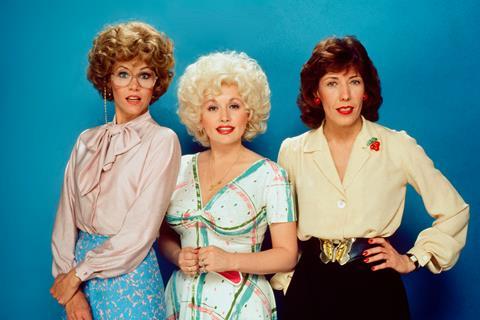
Camille Hardman, the co-director of documentary Still Working 9 To 5, has attacked the “absolutely shocking” and “abhorrent” current conditions for women in low-paid work in the US at a ‘Women in Film, Women at Work’ roundtable event at this week’s Doclisboa festival in Portugal.
“The minimum wage, it’s $7.25 an hour. You can be a single mother with two kids and earn $14,000 a year…it’s a very, very, very low wage,” said Hardman. “Women have to use food stamps. They socially have to get help.”
Hardman’s documentary uses the classic 1980 feminist Hollywood comedy 9 To 5, starring Jane Fonda, Dolly Parton, Dabney Coleman and Lily Tomlin, as a vehicle to examine continuing workplace inequality more than 40 years after the film’s release. Co-directed with Gary Lane, Still Working 9 to 5 is screening this week in Doclisboa’s Heart Beat section.
The director pointed to the extreme precariousness of the gig economy for women. “There are no HR departments anymore. You can be working for a company full-time. You can’t complain. If you complain, you’ll just be given no work whatsoever.”
Hardman, who is an Australian filmmaker based in the US, revealed she had initially turned down the opportunity to make the documentary. “When they originally asked me, I said no because I didn’t want to make a puff piece.” She explained the film was originally conceived as a celebrity-driven nostalgic tribute to the original movie.
“One day, after saying ‘no,’ I thought I might just sit down and look at 9 To 5 a little more. I started looking at the history [of the film], that it came out of the women’s movement… I thought this is interesting, it will give the documentary depth.”
The documentary includes contributions from working women, as well as the film’s original stars.
“Jane Fonda, as we all know, is a stalwart for women’s rights and has been for a very long time,” said Hardman. ”So is Lily Tomlin. And Dolly Parton, in her own way, is absolutely amazing. Even though she is not saying she is a feminist and going out there and marching, she has really done a lot. If you look at her body of work and what she has done in her life, she is a representation of a strong woman who has not listened to anyone. She has done exactly what she wanted to do.”
Workplace bias in film

The Women in Film event, staged together by Doclisboa and European Agency for Safety and Health at Work, was moderated by Portuguese-Brazilian screenwriter, filmmaker and activist Fernanda Polacow.
Also on the panel was German director Alex Gerbaulet, whose film Sun Under Ground, co-directed with Mareike Bernien, screened in the festival’s From The Earth To The Moon section. The documentary is about uranium mining in the former East Germany. Other participants were Diana Toucedo, director of Tattooed on Our Eyes We Carry the Aftertaste, and Ecuadorian director Iván Mora Manzano, whose The Beach of Enchaquirados, about a transgender fishing community, is screening this week.
The women on the panel all shared stories about workplace bias and discrimination which they have encountered in their careers.
Polacow spoke of her experiences on a movie she had co-directed in Brazil with a man. “At some point, I had to stop because nobody would ask me anything, especially the DoPs. We were shooting a scene and at some point I was like ‘it is not going to work because they [the crew] don’t talk to me.’”
“It’s not over,” more than one panelist said of the gender inequality which persists in the film industry. Gerbaulet said she tried to counter the bias by working with a female team whenever possible. She also reflected on the occasions when she has had to allow bad behaviour in order to keep a project on track.
“I do not define as very feminine, more non-binary,” the German director commented. On one occasion, she was obliged to collaborate with an archive led by “a guy who was really complicated…it was hard to work with him. They [the men] are the gatekeepers and make you feel they are the gatekeepers. Especially as a female person, I find that very difficult. Normally, I would not approach them in such a polite way but you have to because otherwise you don’t get what you want!”





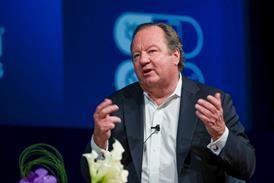
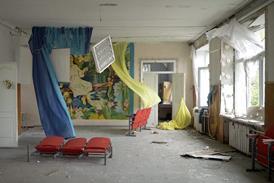
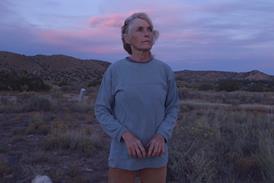





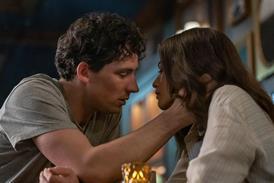











No comments yet